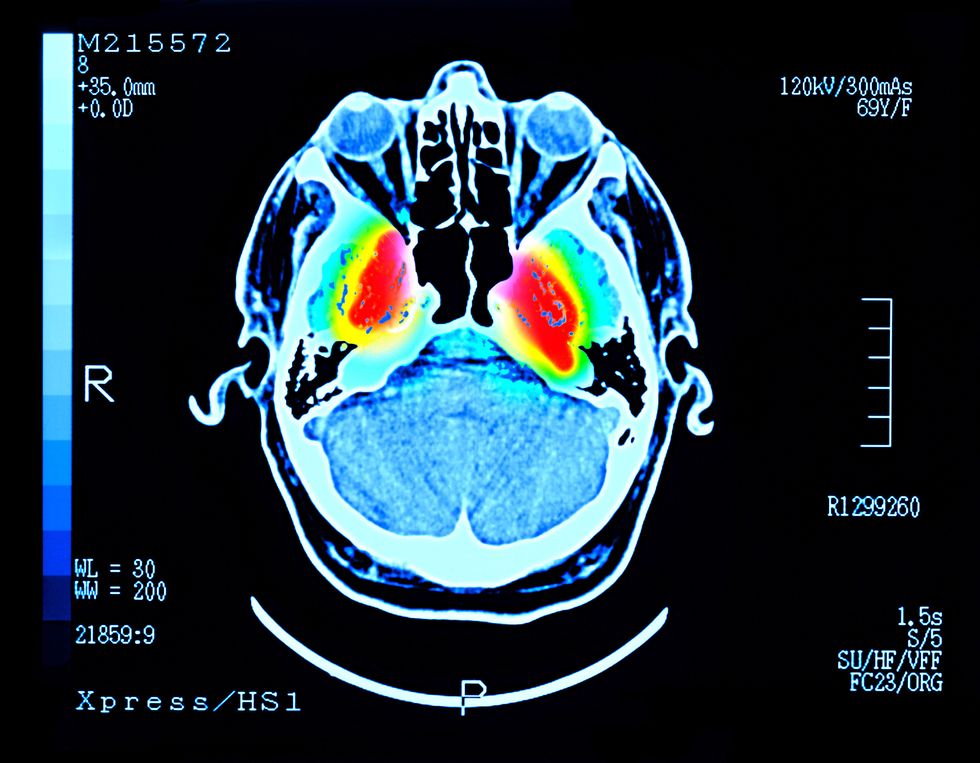Dementia warning: Skipping exercise in crucial years could set off 'cascade' of cognitive damage

The study adds to growing evidence that regular physical activity is an important part of a healthy lifestyle
Don't Miss
Most Read
New research suggests that increasing physical activity during middle age could help protect against Alzheimer's disease.
A study recently published in Alzheimer's & Dementia found that higher physical activity levels between the ages of 45 and 65 are associated with lower brain concentrations of beta-amyloid, a key biomarker for Alzheimer's disease.
The research also revealed that inactivity during this period was linked to brain atrophy in regions associated with Alzheimer's.
The study analysed health data from 337 participants of the ALFA+ longitudinal cohort. Participants recorded their physical activity via questionnaires at baseline and at follow-up visits approximately four years later.

Middle age represents a critical period for Alzheimer's prevention
|GETTY
Researchers then analysed brain scans acquired after the follow-up visit to look for correlations between exercise levels and Alzheimer's-related pathologies.
Middle age represents a critical period for Alzheimer's prevention, according to researchers.
"Midlife is a critical period during which Alzheimer's disease pathologies begin to accumulate in the brain," explained Dr Eider Arenaza-Urquijo, senior author of the study.
"Over the last decade, research has shown that Alzheimer's-related changes can occur silently for up to two decades before any clinical symptoms appear.
"This represents a crucial window of opportunity for prevention and early intervention."
Participants were classified into five groups based on their adherence to World Health Organisation's recommended activity levels.
These ranged from those who remained sedentary to those who increased their activity to meet WHO guidelines.
The findings showed that participants who increased their physical activity to meet WHO-recommended levels had lower amounts of beta-amyloid in the brain.
LATEST DEVELOPMENTS

Accumulation of beta-amyloid is one of the earliest events in the development of Alzheimer's
| GETTYThis was compared to those who remained sedentary or reduced their physical activity over time.
"Pathological accumulation of beta-amyloid is considered one of the earliest events in the development of Alzheimer's disease, triggering a cascade of neurodegenerative processes that ultimately lead to cognitive decline and dementia," Dr Arenaza-Urquijo said.
The study adds to growing evidence that regular physical activity is an important part of a healthy lifestyle.
Research increasingly correlates exercise with decreased risk for many health issues, including type 2 diabetes, heart disease, depression and dementia.











